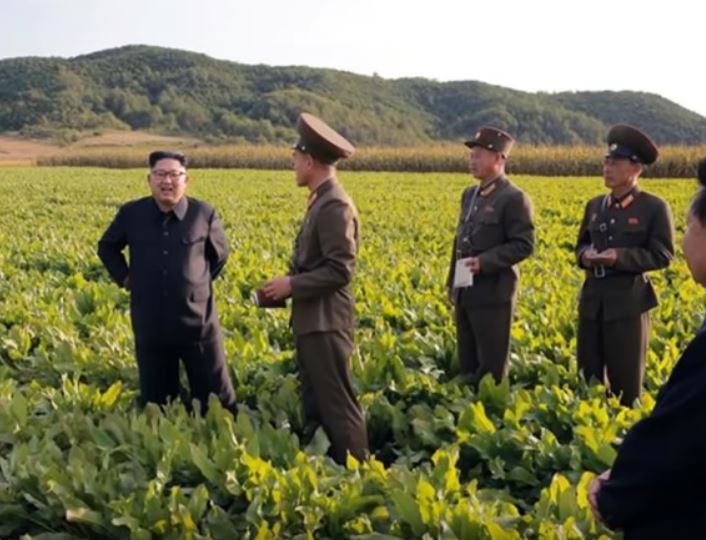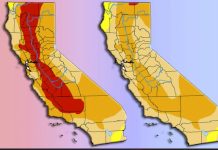Four in ten North Koreans are chronically short of food and further cuts to already minimal rations are expected after the worst harvest in a decade, the United Nations said on Friday.

Official rations are down to 300 grammes – under 11 ounces – per person per day, the lowest ever for this time of year, the U.N. said following a food security assessment it carried out at Pyongyang’s request from March 29 to April 12.
It found that 10.1 million people were suffering from severe food insecurity, “meaning they do not have enough food till the next harvest,” U.N. World Food Program spokesman Herve Verhoosel said.
North Korea’s population is around 25.2 million, according to its Central Bureau of Statistics, the report said.
Verhoosel said the word “famine” was not being used in the current crisis, but it might come to that in a few months or years. “The situation is very serious today – that’s a fact.”
The country suffered a famine in the mid-1990s believed to have killed as many as 3 million people.
For its assessment the WFP, one of only a few aid agencies with access to the country, gained widespread entry to farms, households, nurseries and food distribution centers.
Verhoosel blamed a combination of dry spells, heat waves and flooding for the new crisis, which the U.S. State Department said was the government’s fault.
“The DPRK regime continues to exploit, starve, and neglect its own people in order to advance its unlawful nuclear and weapons program,” a Department spokeswoman said, adding that it could meet its people’s needs if it redirected state funds.
After a second summit with U.S. President Donald Trump failed to produce a deal to end the program in return for sanctions relief, North Korean leader Kim Jong Un set a year-end deadline for Washington to show more flexibility.
North Korea has for years relied on regular supplies of U.N. food aid.
Its agricultural output of 4.9 million tonnes was the lowest since 2008-2009, leading to a food deficit of 1.36 million tonnes in the 2018/2019 marketing year, the WPF report said.
Prospects for the 2019 early season crops of wheat and barley were worrisome. “The effects of repeated climate shocks are compounded by shortages of fuel, fertilizer and spare parts crucial for farming,” Verhoosel said.
The WFP plans to make another assessment during July and August.
Food shortages due to the increasingly erratic seasons and extreme weather is depleting food stocks across the world.
Follow us on FACEBOOK and TWITTER. Share your thoughts in our DISCUSSION FORUMS. Donate through Paypal. Please and thank you
[Reuters]












